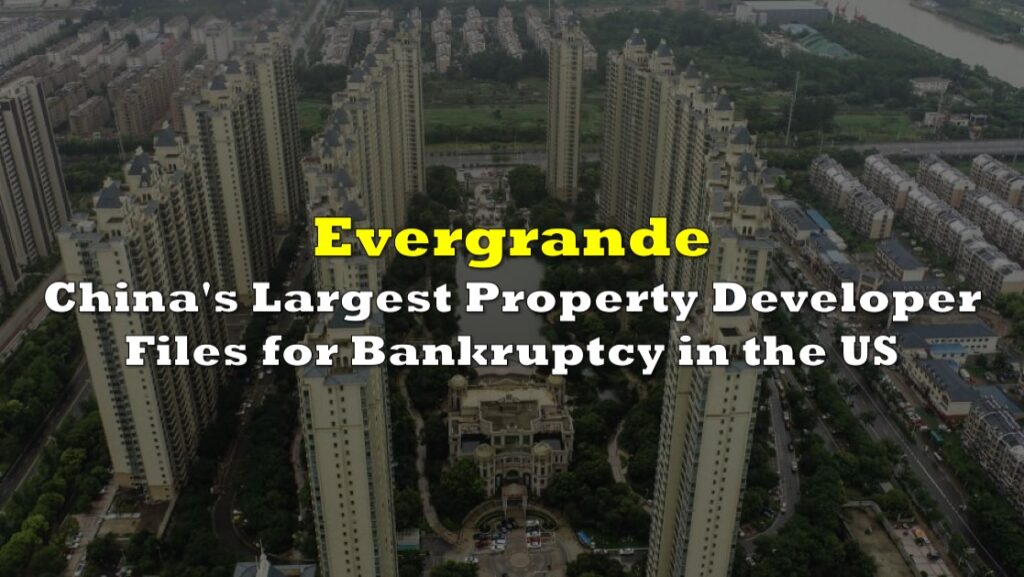Fresh from calling out BlackRock and Ray Dalio over their optimistic investing prospects in China, the founder and CIO of Hayman Capital Management has provided his take on the imminent Evergrande collapse, and what it means for the Chinese government.
Shortly after Bloomberg confirmed that troubled Evergrande failed to make a major interest payment on Monday, Bass took to CNBC to discuss the potential implications of an Evergrande collapse for the Chinese government and the communist economy. Bass, who has been an adamant critic of China, explained that it is important to first understand what is it exactly that President Xi is aiming to achieve.
According to Bass, Xi has been targeting a number of industries across the Chinese economy during the summer, namely the tech industry, education, gaming, and foreign investing, all in the name of common prosperity. Now, the president is attempting to address the country’s housing market, which has been suffering from elevated prices— a similar issue that the US is currently grappling with.
The Hayman Capital founder pointed to China’s declining birth rate as an indicator that the country’s housing market is significantly overpriced. As of current, there are an average of 1.3 births per woman in China; however, in order to sustain a population, that birth rate needs to be at a steady 2.1. Bass suggests the reason for the dwindling population has been decreasing housing affordability, which has prevented Chinese men from moving out of their parents’ dwelling and buying a home of their own.
With the country’s central bank going on spending sprees over the past several years, major real estate companies were able to embark on a credit binge and build an astronomical amount of property. Now, however, the Chinese government has realized its economy and demographics are trending lower, which will ultimately prompt Xi to rein in property prices— and quickly.
Bass suggests that China has slumped into a period of weakness, with annual GDP sitting at approximately $15 trillion, with its economy sitting at more than $50 trillion worth of credit. Comparatively, America’s GDP stood at $17 trillion with another $12 trillion on its off-balance sheet during the time of the Lehman Brothers default. At the time, the US was only about 1.7x ahead of the “Lehman moment,” while China is now at 3.6x ahead. To further add to the debacle, it is worthwhile to mention that China only incorporated a western-style financial system in the last 20 years.
Information for this briefing was found via CNBC. The author has no securities or affiliations related to this organization. Not a recommendation to buy or sell. Always do additional research and consult a professional before purchasing a security. The author holds no licenses.









